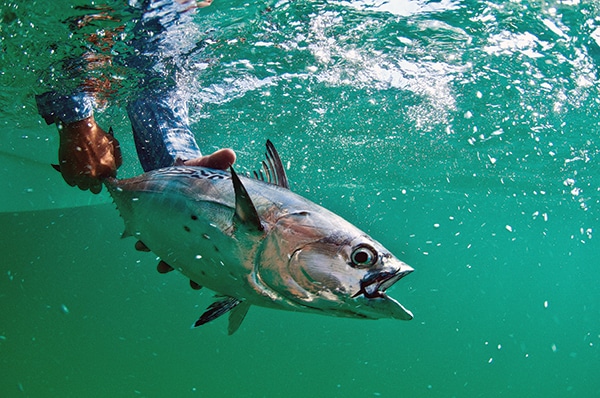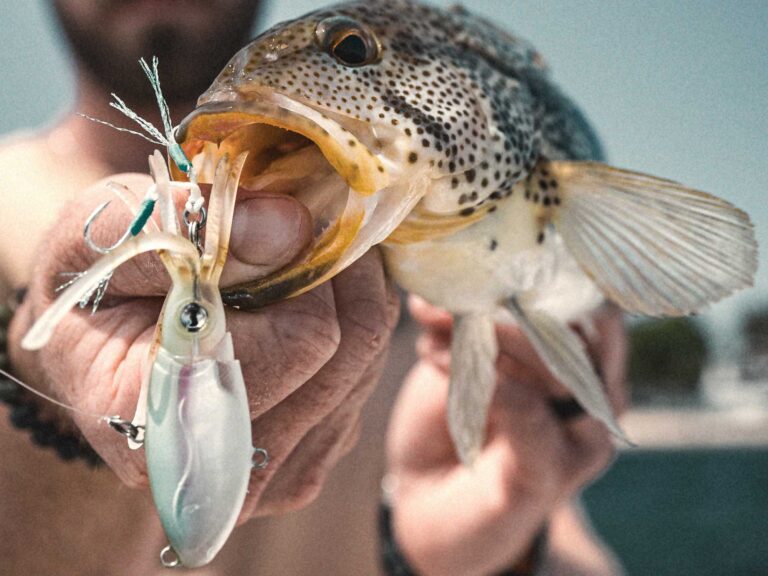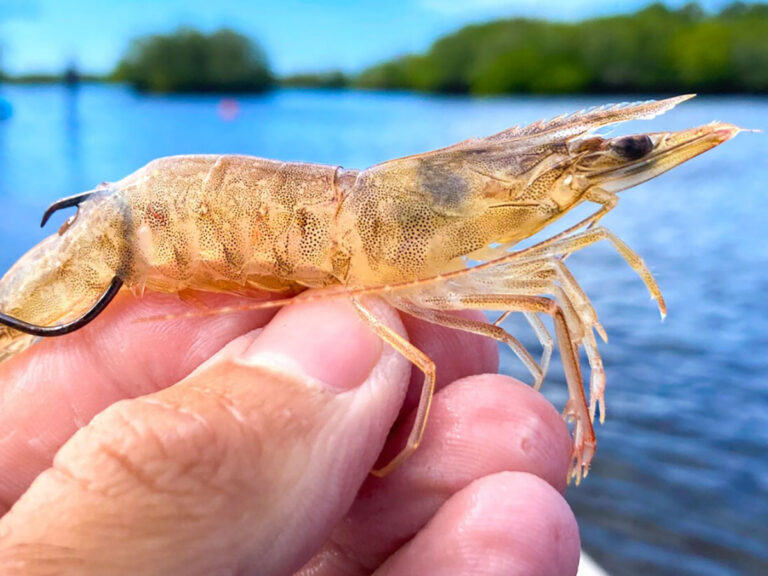
mp conservation rip
As our world environment undergoes increasingly more-rapid change — either man-made, cyclical or both — folks seem to rush to blame every failure on climate change. It seems to me that our natural world has been interconnected and in flux since the beginning of time. While climate change has had and will have for the foreseeable future an impact on our natural world, there are other impacts that we need to recognize and understand.
I recently attended a symposium on climate change and its impact to the fisheries of the Gulf of Maine (GOM), and ultimately the fishing communities and industries that use the resources of the GOM. Only a week before that event, there was a major celebration for the removal of a dam on the Penobscot River to restore a number of anadromous fish runs. So, is there any connection to these events? You bet there is, in my opinion. We have finally recognized the interconnectedness of the natural world, and ultimately how we, as humans, are part of that world. We are not above or beyond it.
Runs Restored
The dam removal is part of an effort to restore runs of Atlantic salmon, river herring, American shad, rainbow smelt, striped bass, Atlantic sturgeon, tomcod and others that are important components of the GOM ecosystem. Restoring elements of the forage base is essential to restoring populations of fish that recreational anglers like to catch. For almost 200 years these runs have been blocked from their traditional spawning grounds, and their populations have dwindled. Restoring the runs is a step in restoring the health of the ecosystem. While this is happening close to home for me, it is happening all along our coasts — and it is about time.
Healthier Waters
How does this connect to the climate-change debate? It connects in a number of ways. First, a healthy ecosystem has the ability to deal with environmental regime changes — such as temperature change, salinity or carbon uptake — better than a highly impacted one. A sick patient is more susceptible than a healthy one, and that goes for ecosystems as well. It should be noted that some would say that taking away clean-energy generation by removing dams is counterproductive in the effort to control man-made impacts. It is hard to argue against that, except to say that in most cases, the amount of generation coming from these dams is minimal and likely replaced by increasing the generation capacity of those that are not being removed.
I do not have the exact number of dams that are being removed around the country, but they number in the thousands. Some will be a benefit to recreational saltwater anglers, and some will not. But all should benefit the general aquatic environment, and that will benefit anglers in general.
Balancing Act
Getting back to climate change, the symposium attendees pointed out several things. First, not all negative impacts can be directly connected to environmental regime change. Some stock declines, which might correlate to other stock increases, can be attributed simply to historical overfishing of target species, which results in nontarget species filling that vacated niche. In those cases, even with a complete cessation of fishing for the target species, it becomes very hard for them to rebuild to their former levels. Maybe if there were a complete closure to all fishing over an extended period of time, things would rebalance themselves, but complete closure is unrealistic. Fishing down the undesirable species has been a suggested alternative, but the human ability to counter previous impacts never seems to result in the desired outcome. The bottom line is that with all the changes being blamed on environmental regime change, some might have their genesis in fishing impacts. We cannot simply point to climate change as the culprit.
Expanding Ranges
On the other hand, there have been some positive impacts to climate change in the Gulf of Maine. One notable positive is the substantial increase in the annual catch of lobsters. Historically, the catch has averaged around 50 million pounds. In 2012, it was 124 million pounds, having increased for a number of years prior. This correlates to a decrease in cod catches, caused by both historic overfishing and water-temperature increase. At the same time, a number of fish species that have been a staple of the mid-Atlantic recreational and commercial fisheries are moving north and east into the Gulf of Maine. Certainly for recreational anglers in this area, this should be a plus. The same is true to the south of Cape Cod. Anglers are catching species that have been associated with the southern U.S. coast. It remains to be seen if these changes are complete population shifts or simply expansions to now-hospitable environmental conditions.
As I sweat through the heat wave of 2013 this past summer, I sat on my porch looking out over a bay off the Gulf of Maine wondering how soon it would be before I’d see a tarpon roll. Just kidding, but it would be awesome!









